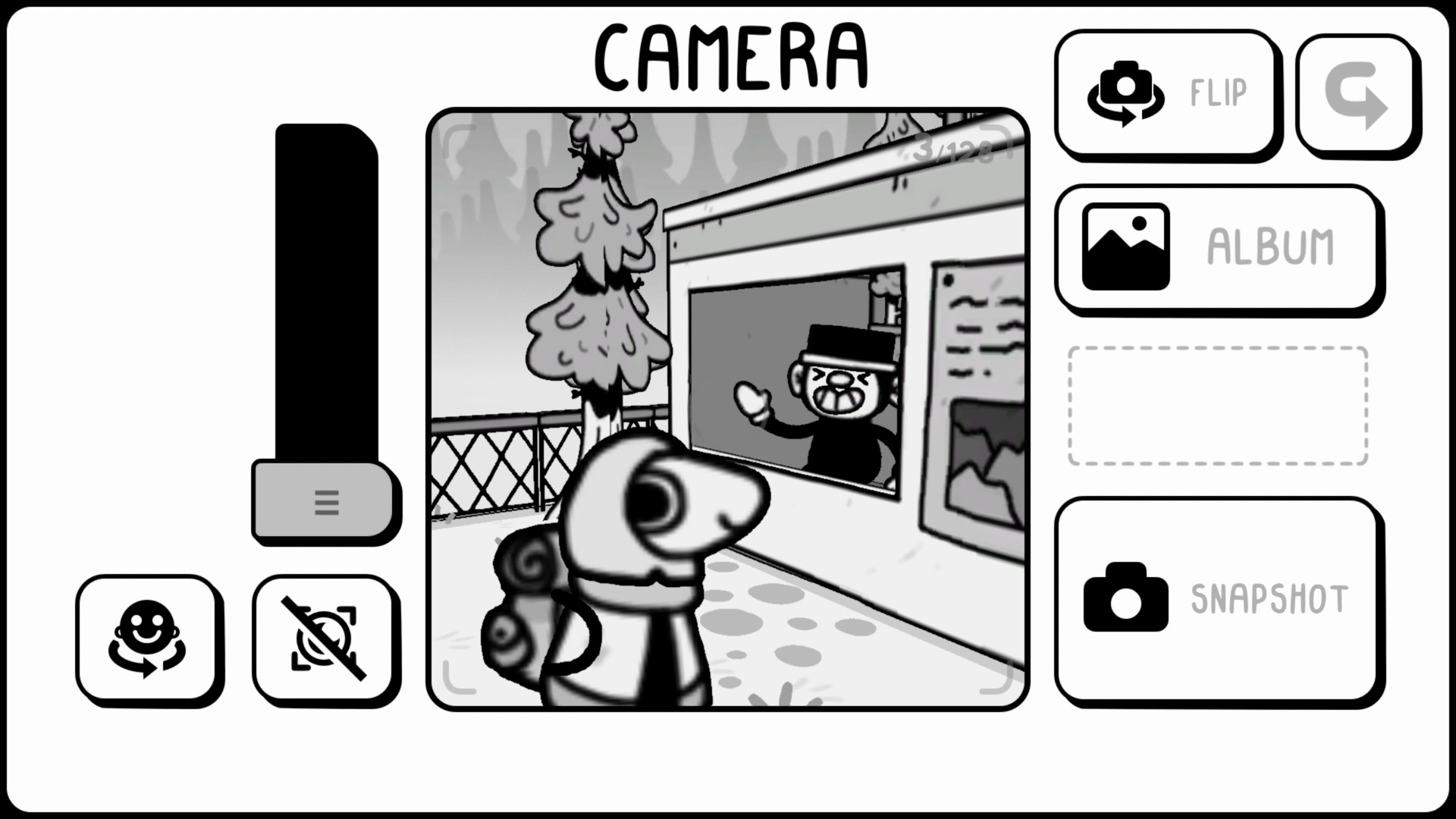Toem's pleasantly whimsical world captivated me most in 2021

In addition to our main Game of the Year Awards 2021, each member of the PC Gamer team is shining a spotlight on a game they loved this year. We'll post new staff picks, alongside our main awards, throughout the rest of the month.
I'm often guilty of existing in a virtual environment for several hours without ever really seeing it. I don't mean I had my eyes closed playing Far Cry 6 or Forza Horizon 5, rather I experienced them in the same way I've been conditioned for the last decade: scanning them for map markers. Question marks stand out on minimaps and HUDs in games I've explored for years now, arbitrarily deciding for me what's intriguing about its world before I have the chance.
Rick wrote in September that it's time for open-world games to ditch question marks, and I agree. Rather than taking in curious points of interest on the horizon, I outsource it to the developer's guiding hand, assuming anything not branded with a question mark isn't worth pursuing. I have tunnel vision as I move from marker to marker, not really seeing anything at all.
Now Toem, a photo-mode game from Something We Made, isn't without that sort of thing—NPCs do have speech bubbles indicating they have a task for you. But its structure nudges me toward engaging with it in a way I wouldn't normally, and that's refreshing.
Toem is Photo Mode: The Game. With your snappy companion around your neck, you travel through and pan around a series of interconnected, hand-drawn 2.5D dioramas, helping out folk in charming seaside towns and nature reserves in return for stamps. Get enough and you can catch a bus to the next peaceful setting.
I hesitate to describe it as wholesome, endearing, or the game I really needed in 2021, because it's more than that, although it is all of those things. Reassuring lo-fi and acoustic guitar tones waft around you as you travel from person to plant and back again. Just by chatting to a chef, you help them regain confidence in their work. You can get fun, mostly inconsequential cosmetics, like a foam finger and a damp sock that satisfyingly squelches as you stroll.
It's all very low stakes as you run errands and collect animals and insect pictures for your quickly-bulging compendium. It's accessible, too, since you don't need to snap every novel instance of fauna, nor do you need to get all, or even that many, of the available stamps to progress. You have the choice of using a viewfinder to help you select your subjects. Often , photos you take in quests are exhibited in-game in rewarding ways. It's just a thoroughly nice time.
That said, Toem subtly encourages you to take in its adorable environments carefully, especially if you're taking the completionist route. For starters, it's nonlinear. Most levels consist of interconnected spaces that branch in different directions, but whichever path you choose will most likely lead to an obstacle, like an immovable flock of birds or a bouncer refusing you entry to his club of bopping bear buddies if you don't have sufficiently cool clothing.

There's at least some level of mental mapping required even if you're not an all-out achievement hunter, which gave me renewed chills after recently being chased through Castle Dimitrescu in Resident Evil Village. That's where the comparisons between those two games begin and end, you'll be unsurprised to learn, and I'm not sure I'd recommend the two as the most tonally harmonious double bill.
After you've backtracked the first few times you'll know, when you enter a new area, to keep an eye out for anything curious or incongruous—something you know will come up in a photo request later on. I preemptively snapped a peculiar portrait of a horse I spotted in a hotel in Oaklaville, which came in handy when a ghost wanted me to show them how they once lived, as a stallion. It wasn't long before I was poring over every last detail and quirk of Toem's areas, and appreciating the true, understated beauty of its monochrome whole.
Toem not only became a welcoming refuge during another difficult year, but it also made me think about all the sights and sounds I've missed in other games in the hunt for quests, XP, and loot. While I'll miss the quirky residents of Homelanda and Stanhanm, Toem has taught me to more mindfully appreciate virtual worlds. Or just stop and smell the damp socks a little longer.

Post a Comment